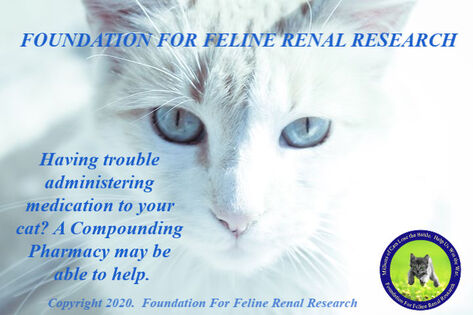
Information re-verified on March 22, 2024.
Those of us who have cared for feline family members with Chronic Kidney Disease or other illnesses know that it can be difficult to administer medications to cats. A compounding pharmacy may be able to help make the process easier.
Compounding is the process of tailoring medications for an individual patient. This can be especially useful because some drugs prescribed for cats and other companion animals may be readily commercially available only in a formulation that's intended primarily for humans. (Note: NEVER, NEVER give your non-human animals any drugs, especially human drugs, unless your vet specifically instructs you to do so—the results could prove fatal.) There are several ways in which compounding can be helpful. For example:
Avoiding Toxicity: Even if the active ingredients of of a medication are beneficial to your cat, the readily available human version could contain additives, such as xylitol, which are designed to make it more palatable to humans, but are unsafe for some non-human animals. A compounding pharmacist may be able to create a formulation without harmful additives.
Palatabilty: Readily available formulations may have flavorings, such as cherry or bubble gum, that are intended to appeal to humans. A compounding pharmacist may be able to create your prescription using the flavor of chicken, fish, etc., to appeal to your companion.
Dosing accuracy: It may difficult to create a proper dose of readily available human medication for non-human animals. For instance, if a commercially available human drug is only available in tablet form, it can be difficult to accurately cut that pill into the very small pieces required for a small animal. (Tablets often crush and crumble during cutting, which affects the dose.) A compounding pharmacist may be able to make pills in a tiny size that doesn’t require cutting.
Dosing form: Some drugs can be compounded in different forms and still be effective. For example if, despite your best efforts your cat can’t tolerate liquid medication, it’s possible that the active ingredient can be compounded into a pill or powder. If your cat refuses pills, a liquid or topical gel version of the drug may be a possibility.
And, on a related note, if you have trouble administering medicine to your cat, talk to your vet and your pharmacist about ways to make it easier. For instance it may be difficult to administer a liquid medication into your cat's mouth with a syringe but, if absorption of the medication is not affected by food, adding the meds to food may make the experience more tolerable.
Compounding of medication is not without risks, and must be done in coordination with your vet. It requires special training and facilities, and is governed by regional regulations. But done properly, it can offer great benefits.
Please consider making a gift today to support groundbreaking
Feline Chronic Kidney Disease research.
Feline Chronic Kidney Disease research.
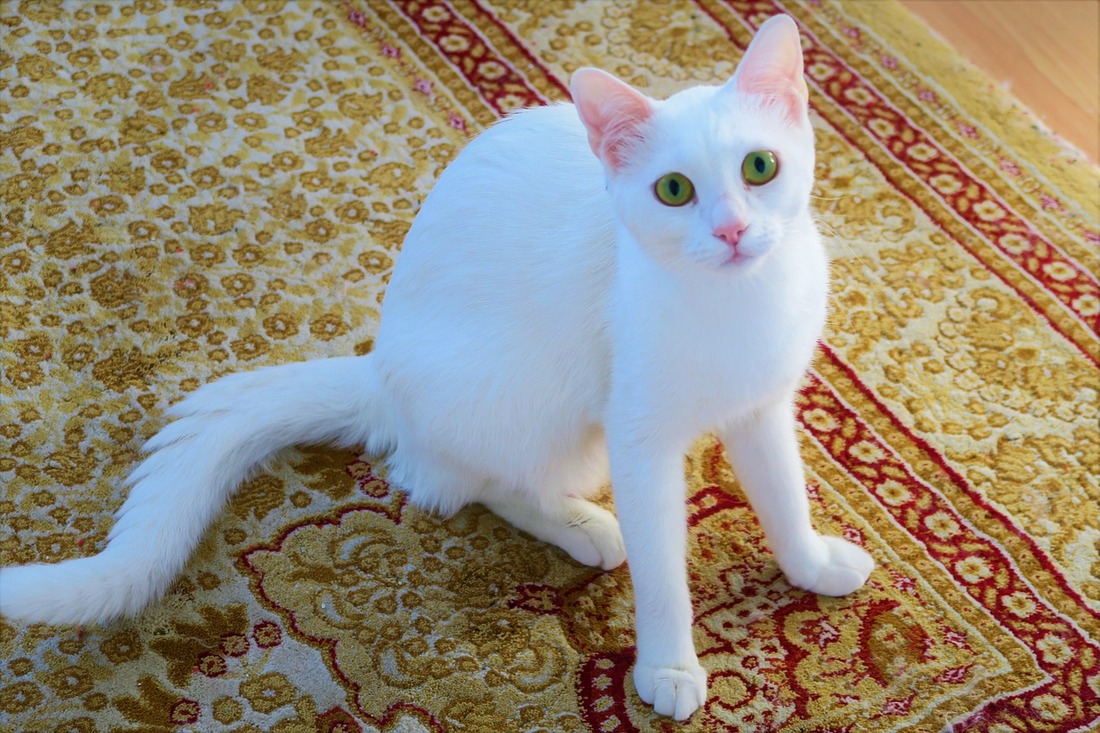
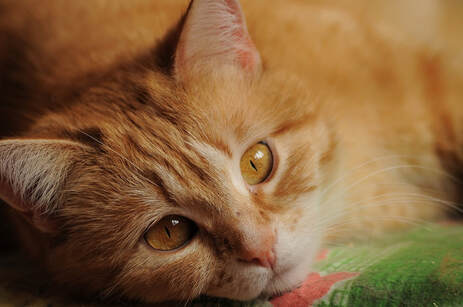
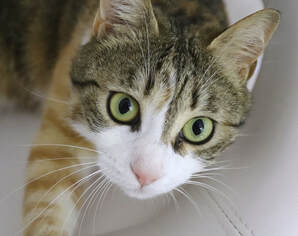
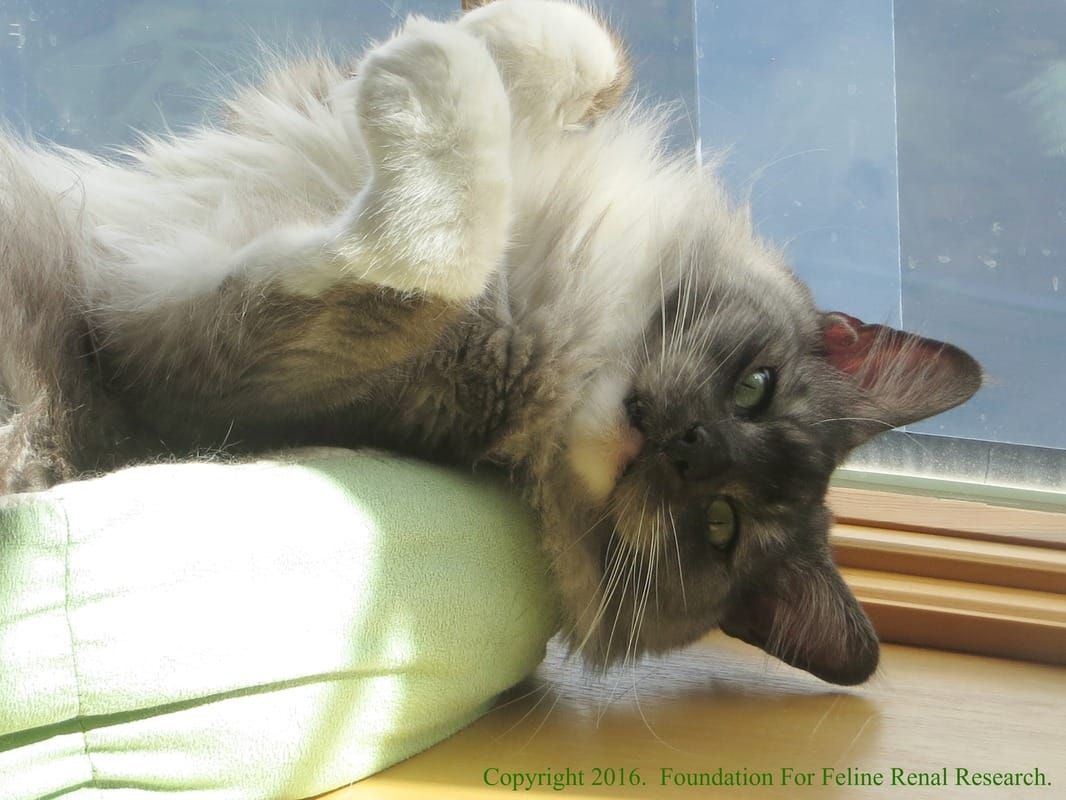
 RSS Feed
RSS Feed


